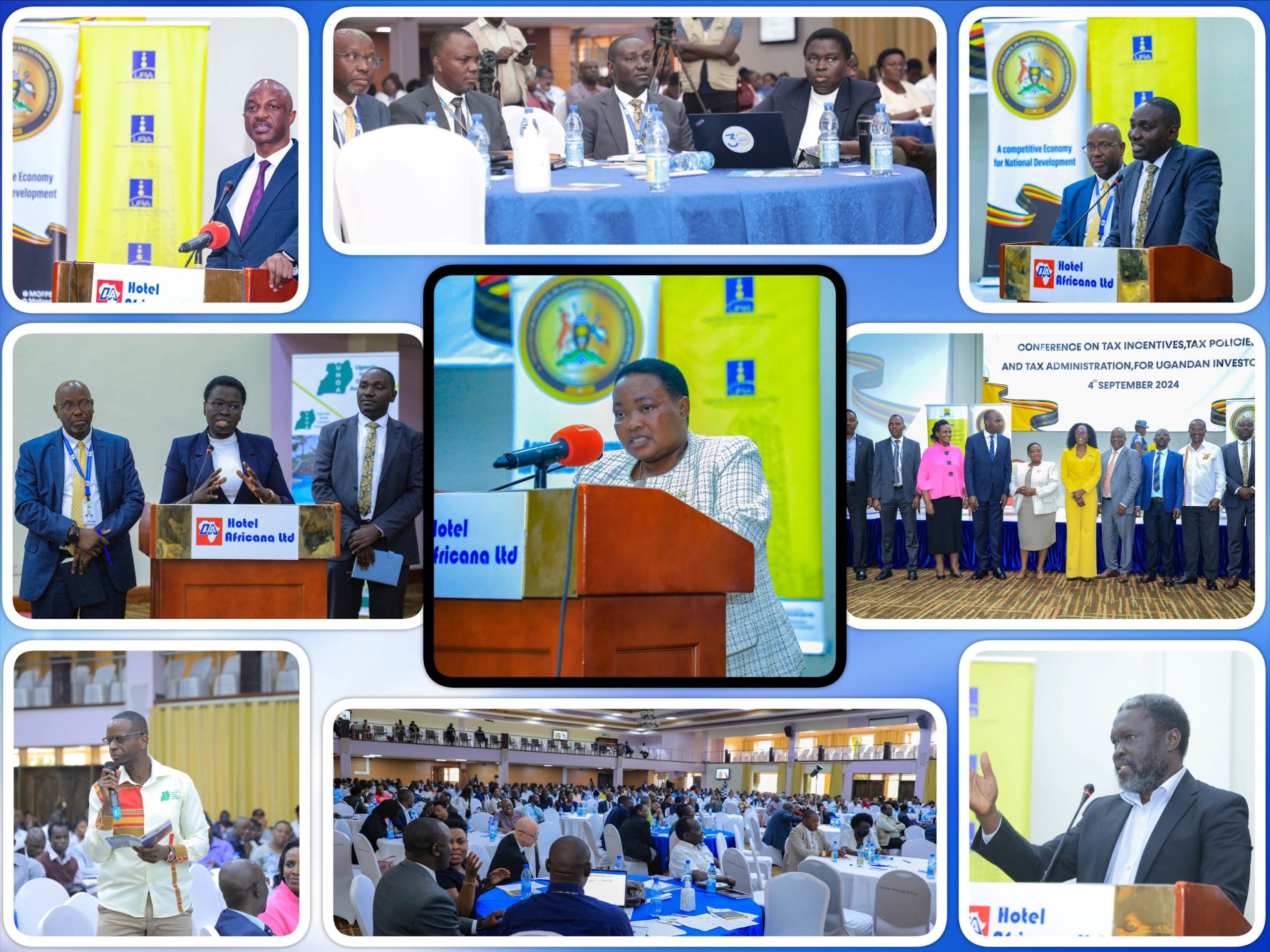By Dismas Nuwaine
On Wednesday, key stakeholders in the manufacturing, ICT, and tourism gathered at Hotel Africana for the 4th Conference on Tax Incentives, Policy, and Administration. Hosted by the Uganda Revenue Authority (URA) and the Ministry of Finance, Planning, and Economic Development (MoFPED), the event aimed to shape the country’s fiscal landscape through inclusive and focused discussions.
The Prime Minister, Robinah Nabbanja praised Uganda’s tax incentive structure, citing its role in stimulating economic activity in various sectors.
“The manufacturing and agricultural sectors have greatly benefited from these incentives, leading to thousands of jobs and a significant contribution to the country’s GDP,” she said.
Ramathan Ggoobi, the Permanent Secretary on the other hand highlighted the tangible impact of these incentives, including a 6% economic growth rate last year, recovering from 3% during the COVID-19 pandemic. He attributed this growth to the effectiveness of tax incentives in fostering a resilient and transformative economy.
Ggoobi noted that Uganda’s revenue-to-GDP ratio has risen from 8.9% in 2000/01 to 14.3% in 2024/25, driven by strategic tax incentives in manufacturing and agriculture. He also emphasized the government’s efforts to modernize tax processes through technology, such as EFRIS and digital tax stamps.
Abel Kagumire, the Commissioner Executive Office pledged URA’s commitment to enhancing taxpayer education on incentives. He announced a major overhaul in audit processes, introducing a unified audit plan to streamline operations and reduce taxpayer burden.
The conference also set a forward-looking tone for Uganda’s fiscal strategy, promising continued growth and innovation in tax policy and administration. With a focus on inclusivity and transparency, the event marked a significant step towards shaping the country’s economic future.










